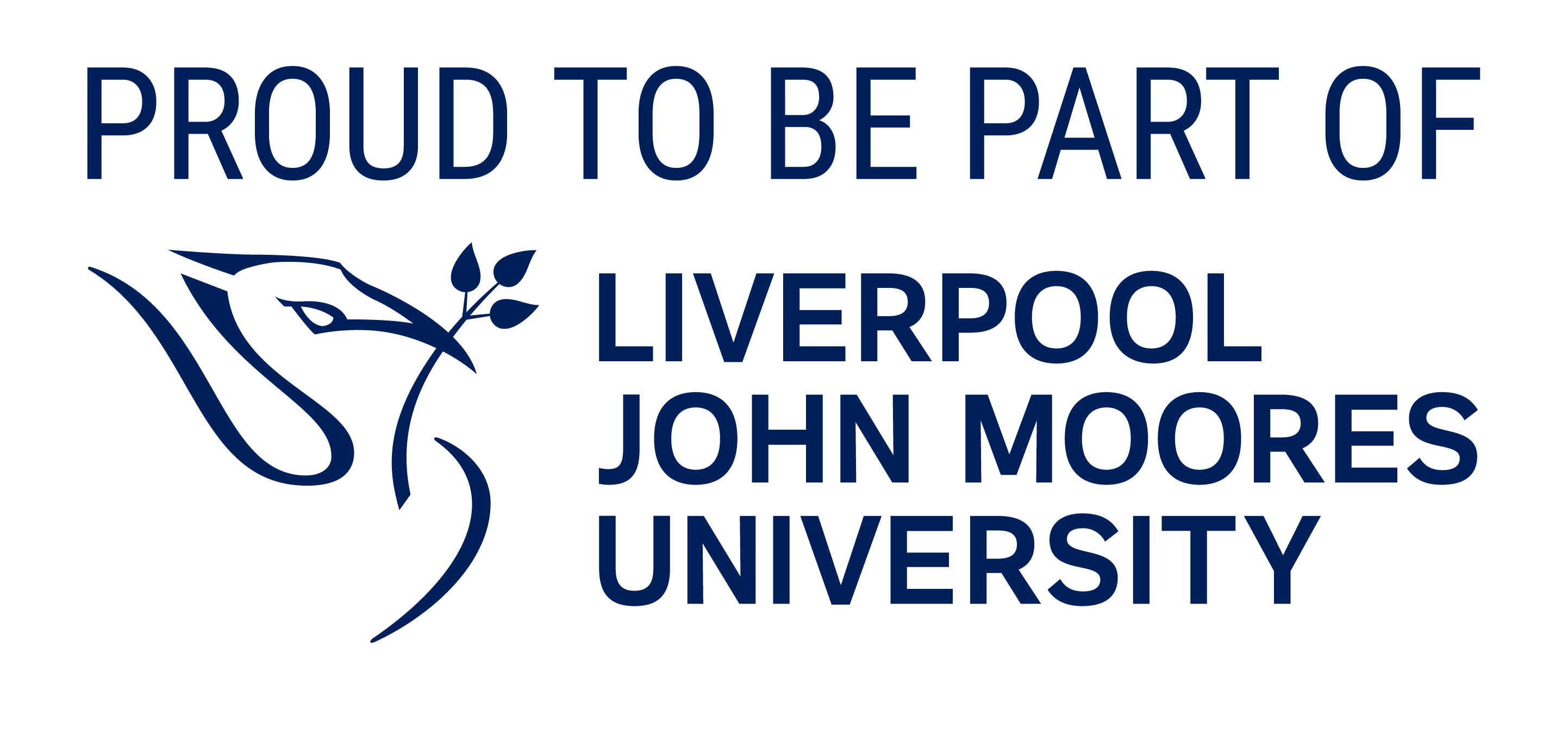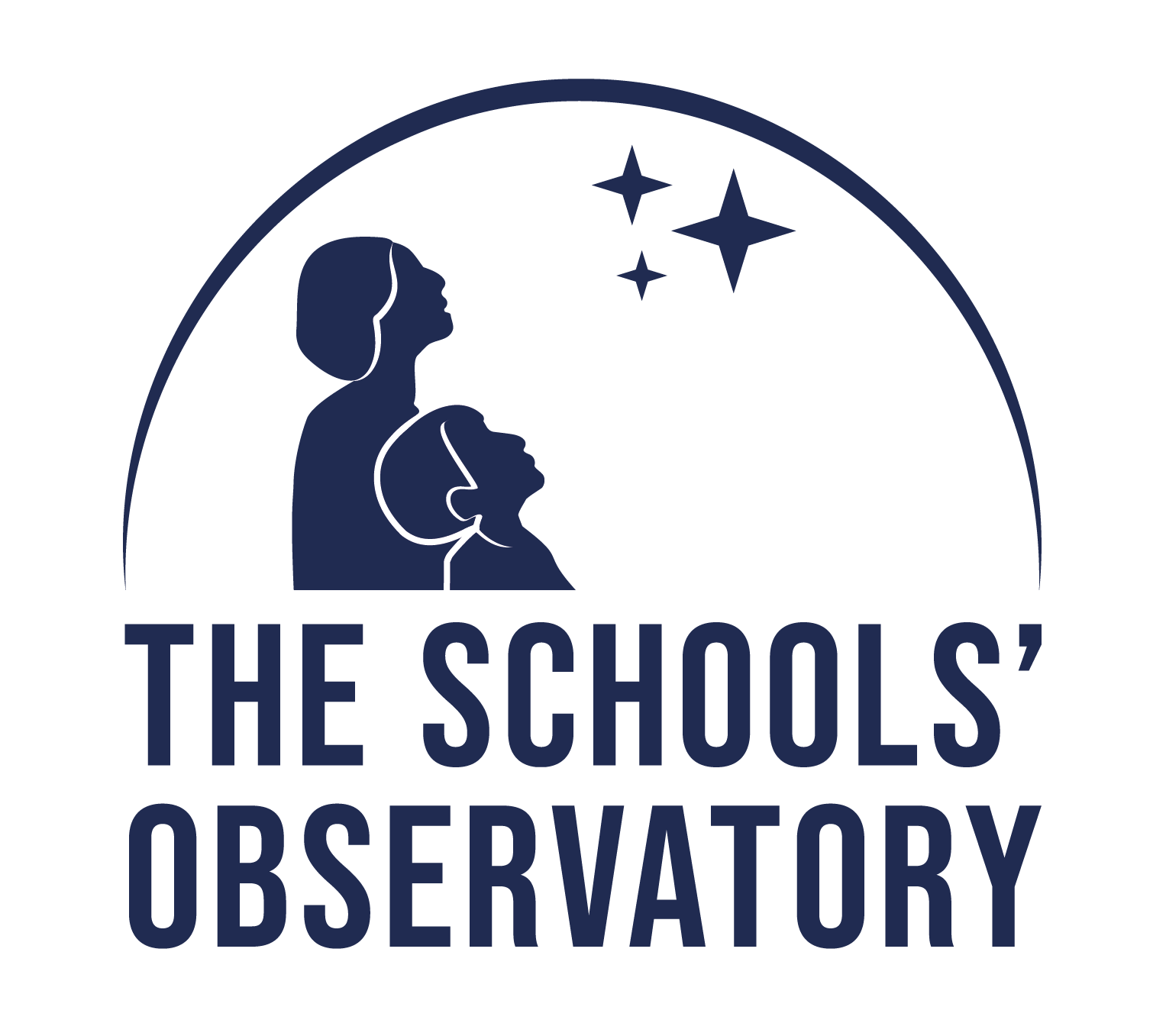
The Schools' Observatory News
February 2025
![]()
Happy New Lunar Year
The Lunar New Year is one of the most spectacular and important festivals across many Asian cultures. Marking the start of the first lunar month, this vibrant celebration begins on 29th January 2025 and continues for 15 days, ending with the dazzling Lantern Festival.
Did you know the Chinese calendar is a lunisolar calendar, based on both the Moon’s phases and the Earth’s orbit around the Sun? It is still used for festivals, religious events, and agricultural practices.
Since the Lunar New Year is inspired by the Moon, this is a great opportunity to explore and teach your students about Why the Moon Has Phases. You can also take a moment to browse through our Moon page to discover even more fascinating facts.
Wishing everyone celebrating a joyful Lunar New Year filled with light, happiness, and prosperity!
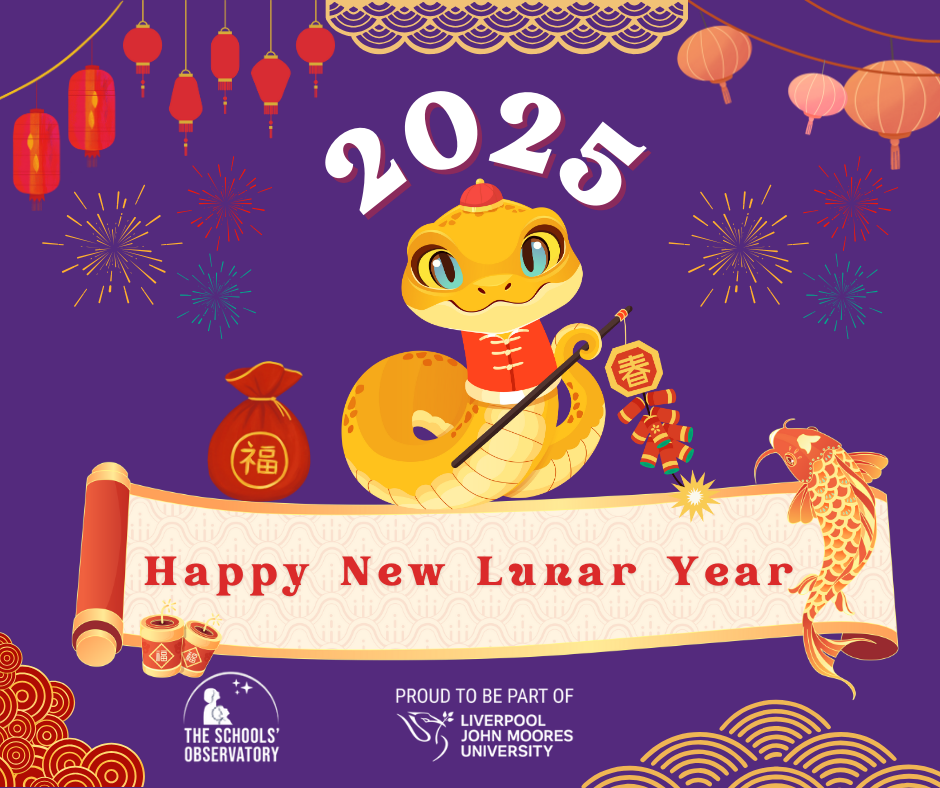
![]()
The UK National Astronomy Week is Coming!
Celebrate 9 Days of Astronomy from 1st– 9th February 2025. This year’s National Astronomy Week is all about Chasing the Moon.
Explore our range of Moon-themed activities and resources to inspire curiosity and excitement about our closest neighbour in space.
Try these activities:
Explore The Moon's Surface: Examine the Moon's surface features and investigate how similar or different they are.
Moonsaic: Complete a jigsaw of the Moon’s surface, showcasing its phases and Apollo landing sites.
What Can We See on the Moon?: Watch a video about the Moon’s majestic mountains, flat plains, and countless craters.
Measure Mountains on the Moon: Use high-resolution images and maths to calculate the height of lunar mountains.
Find the Moon Missions: Locate the areas explored during the Apollo missions.
Moon Jigsaw: Solve a puzzle created from a Liverpool Telescope image of the Moon.
You can also submit an observation with our Liverpool Telescope and discover stunning views of the Moon’s craters and surface features. Use our easy-to-navigate software - Astrolab - to analyse your data and deepen your understanding of the Moon.
If you are planning a stargazing night, do not miss our Plan an Observation Guide for tips on observing the Moon and other celestial wonders.
Celebrate National Astronomy Week with us and immerse yourself in the wonders of the Moon!
![]()
International Day of Women and Girls in Science
In 2015, the Uinted Nations declared 11th February as International Day of Women and Girls in Science. This day celebrates the vital role women and girls play in science. It also aims to raise awareness of the aim to achieve full and equal access to and participation in science for women and girls.
Women and girls make up half of the world's population but are still underrepresented in science, technology, engineering and mathematics (STEM) disciplines at all levels, all over the world.
Use our Careers Heroes to learn and engage students in the topic of women in STEM.
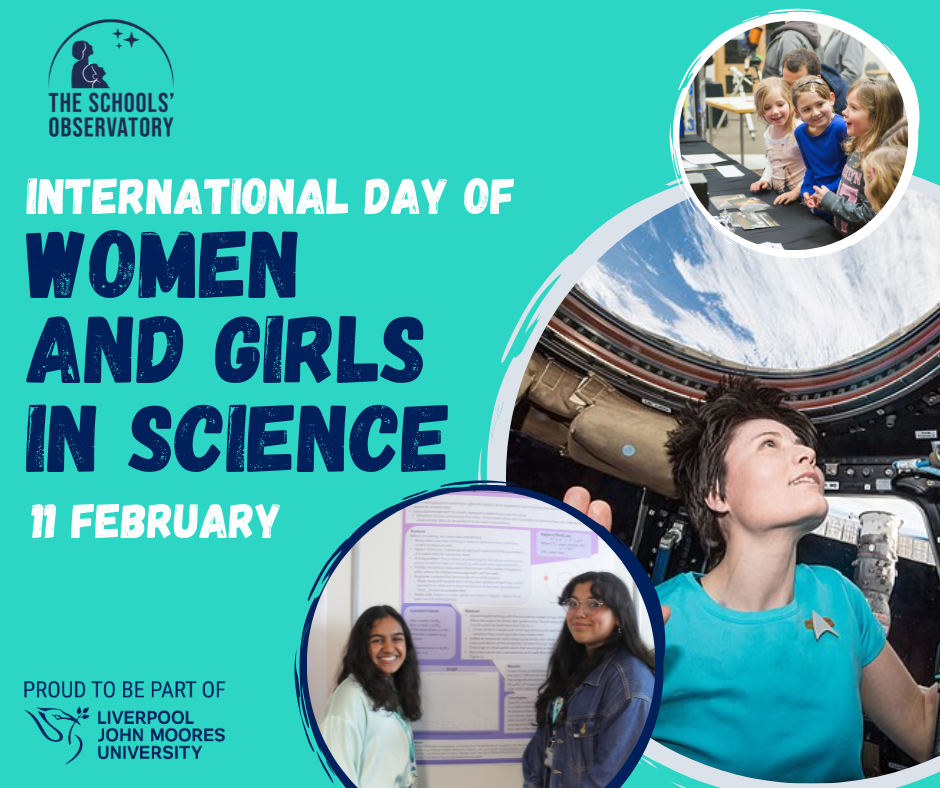
![]()
Get Inspired Section of the Educators' Menu
We would love to feature your stories on our website! If you have used our resources in your classroom or beyond, we would be thrilled to hear about it.
Share your experience with us, including:
- How you integrated our resources across different year groups or subjects.
- Any photos or images of student work or displays that we can showcase (if available).
- A brief description of the impact, including feedback from students or staff about how the resources made a difference.
Your story could inspire other educators and highlight the creative ways our resources are used! Please email us at SchoolsObs@ljmu.ac.uk .
![]()
New Things To Do Resource: Measure Distance with Parallax
We are excited to announce a brand-new addition to our Things To Do section: Measure Distance with Parallax.
In this activity, you will determine the distance and transverse velocity of the nearby Barnard’s Star using the parallax effect. By measuring the motion of Barnard’s Star relative to two fixed stars, you can input the results into a provided Excel spreadsheet. The complex algebra and trigonometry are already done for you, allowing you to focus on understanding the motion graph and interpreting the distance and velocity values.
This resource provides a fantastic way to introduce students to practical astronomy and how scientists measure vast cosmic distances. Explore this activity and take your classroom on a journey to the stars!
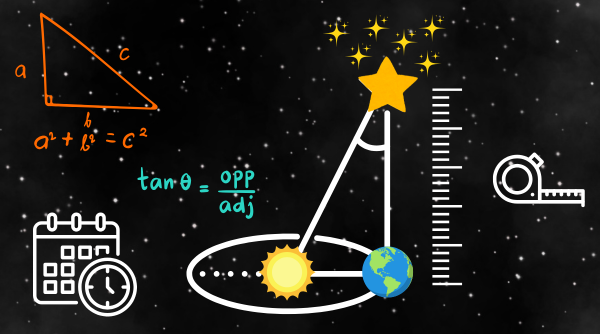
![]()
Look to the Sky!
Plan your stargazing adventures with our February astronomy calendar! Download it to display at home or in the classroom. Get ready for an exciting month of celestial events, including Venus at its greatest brightness and conjunctions between the Moon and some of the Solar System’s most impressive planets. Don’t miss out on what the night sky has to offer!
Download and display February's astronomy calendar!
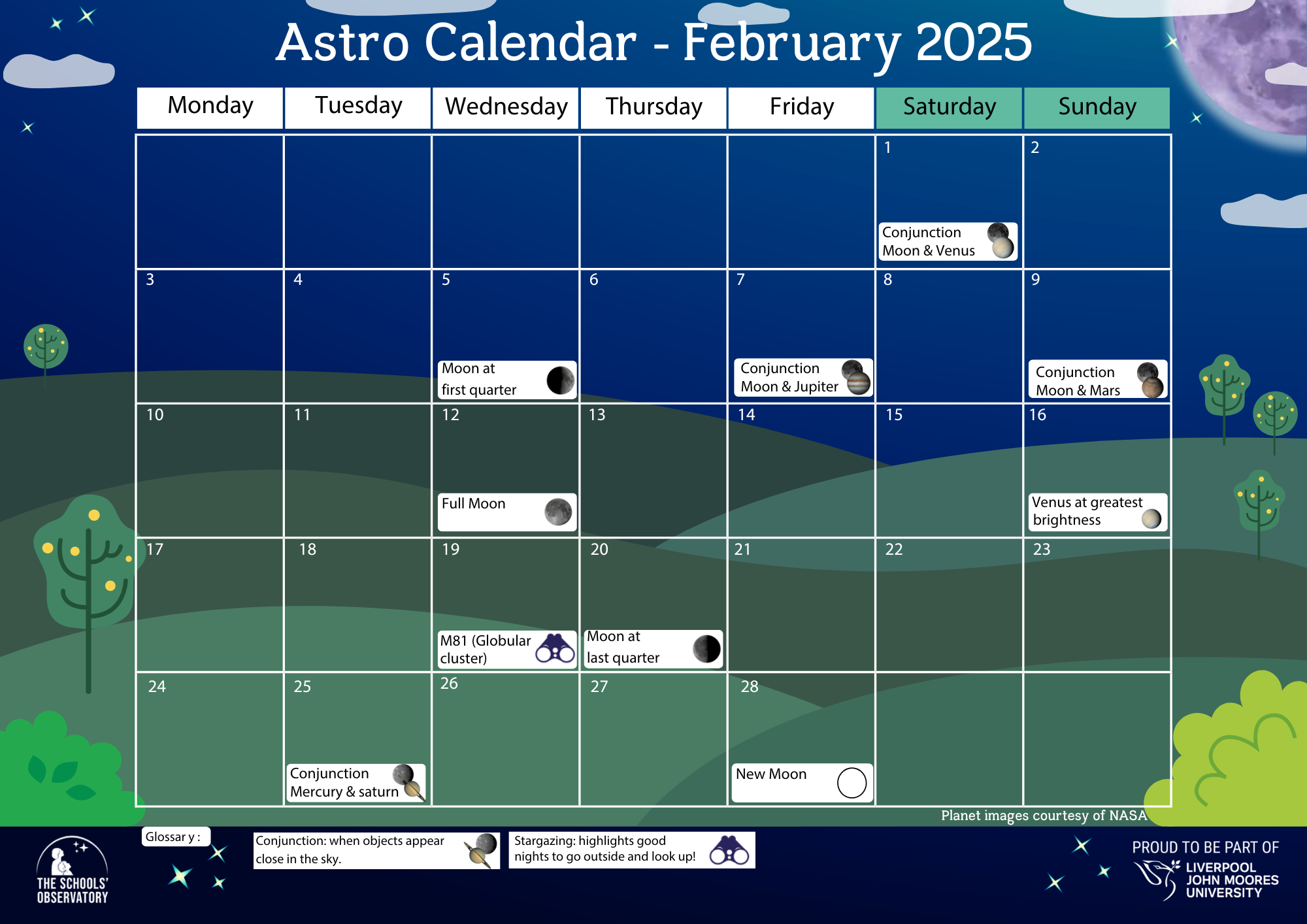
![]()
UK and Ireland based: Astrophysics Work Experience Week 2025
Applications are opening soon on 3rd February 2025 for our annual Work Experience Week at the Astrophysics Research Institute (home of the Schools' Observatory) at Liverpool John Moores University.
We welcome students from school year 12 (or equivalent) to this non-residential event which runs from Monday, 7th July to Friday, 11th July 2025.
The week consists of talks and workshops and will give the students an idea of how professional research is done at a university. The students will work in pairs to research an area of astrophysics and produce a poster summarising their work. Each day will start at 9:30 am and end at 4:30 pm.
The application form will be available through our Work Experience Week page on 3rd February 2025. Applications close at 12:00 noon on 22nd April 2025.
Who Can Apply?
This programme aims to support students from under-represented groups in higher education and physics. To be eligible, applicants must meet at least one of the following criteria:
- Attend, and have always attended, a state-funded school or college in the UK.
- Be from an ethnically diverse background.
- Be a young carer, care experienced, or have a seen or unseen disability.
- Be the first generation in their family to consider university.
- Have qualified for free school meals at any time.
Students from across the UK and Ireland are welcome, but you will need to arrange your own accommodation. We particularly encourage applications from students in the Liverpool City Region.
Key Dates:
- Applications Open: 3rd February 2025
- Applications Close: 22nd April 2025 (12:00 noon)
- Outcome Notification: 6th May 2025
If you have any questions about the application process, email us at SchoolsObs@ljmu.ac.uk during office hours. We look forward to welcoming the next generation of astrophysicists!
Visit our Work Experience Week page for more details and the link to the application form.
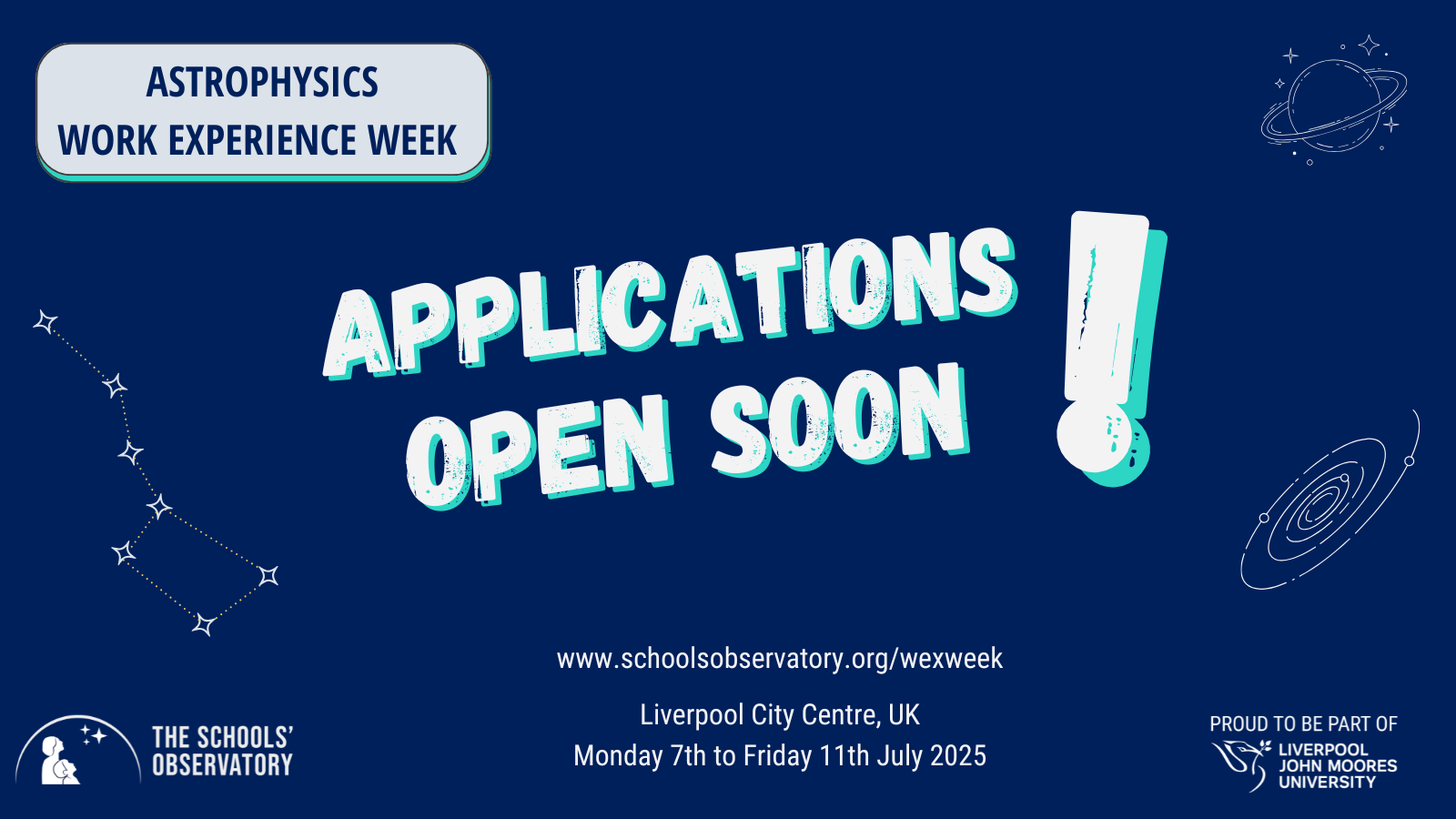
![]()
